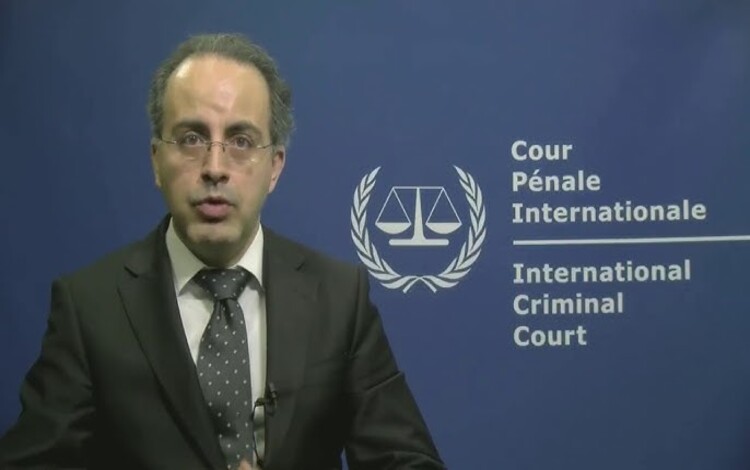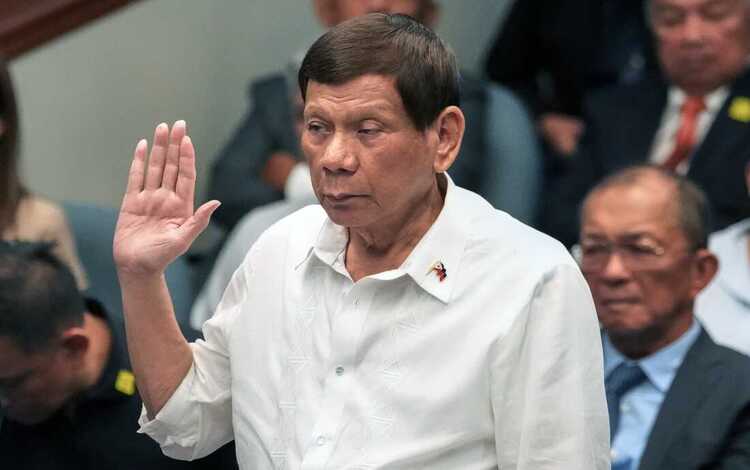The International Criminal Court (ICC) has reaffirmed that a crime against humanity is defined by its context and intent rather than the number of incidents involved. ICC spokesperson Fadi El Abdallah emphasized that even a single act, such as murder, can qualify as a crime against humanity if it is part of a broader, systematic attack on a civilian population.

Under Article 7 of the Rome Statute, crimes against humanity encompass acts such as murder, extermination, enslavement, and other inhumane acts, provided they occur within a widespread or systematic attack against civilians. The key element is not the quantity of incidents but the existence of a state or organizational policy targeting civilians. This distinction highlights the ICC’s role in prosecuting those who orchestrate or enable large-scale human rights violations.
This legal interpretation has gained prominence in recent cases. In March 2025, the ICC issued an arrest warrant for former Philippine President Rodrigo Duterte for his alleged role in extrajudicial killings linked to his administration’s war on drugs. The case underscores how a leader can be held accountable for state-led policies resulting in widespread human rights abuses, even outside conventional warfare.
Similarly, in November 2024, the ICC issued warrants for Israeli Prime Minister Benjamin Netanyahu and former Defense Minister Yoav Gallant. They were charged with crimes against humanity, including the use of starvation as a weapon and attacks on civilians during military operations in Gaza. This was the first time leaders of a modern Western democracy faced such charges, signaling the ICC’s commitment to impartial justice.
These cases highlight the ICC’s focus on the intent and policy behind attacks on civilians rather than the number of individual incidents. By holding leaders accountable for orchestrating systematic violence, the ICC aims to deter future human rights violations and reinforce global accountability standards.

Understanding this legal framework is crucial for international justice. It ensures that those responsible for crimes against humanity cannot evade responsibility based on the scale of their actions alone. As global conflicts evolve, the ICC’s stance serves as a vital mechanism for protecting civilian populations and upholding human rights on an international scale.
